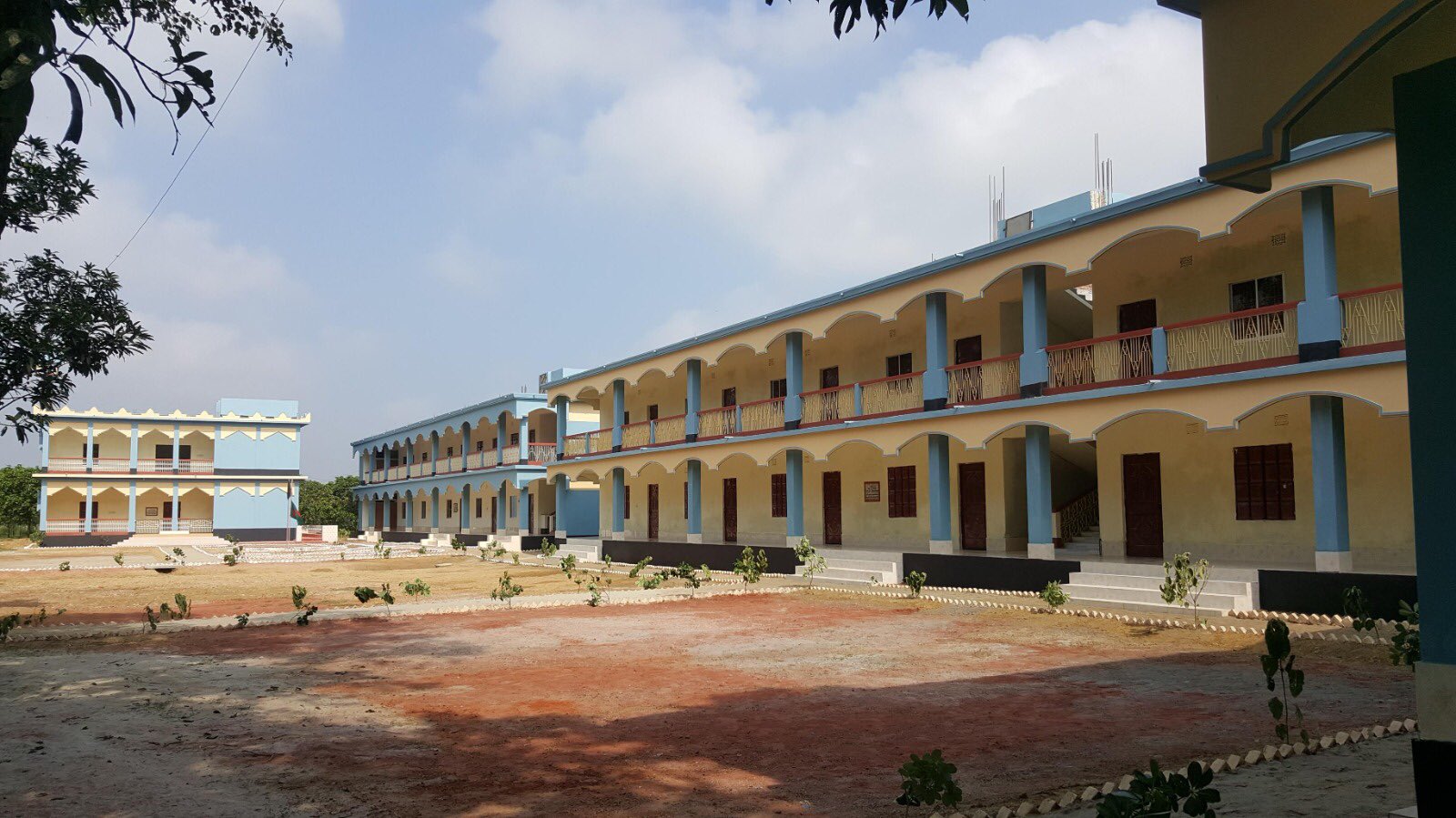Qatar Charity is performing a commendable role in Bangladesh’s education system, an official said.
Some 15 schools in Bangladesh are being built by Qatar Charity, providing living and learning spaces for close to 3,500 pupils.
Each of the institutions will have classrooms, dorm rooms, teacher quarters, and student dining and activity areas.
“Our school building was very dilapidated. When it rained, water seeped into the old building, causing the students to suffer a lot,” said Mofiz Khan, president of Char Bongshi Dakhil Madrasha committee in Raipur of Lakhimpur district.
The new building will be pivotal for the students’ academic growth, the president of a school committee in Vabanipur of Pabna district noted.
“Most of the people in our village are poor. Boys and girls are not getting good opportunities to study. If this building is constructed, about 200 students will get the opportunity to study in a good environment,” Babul Biswas.
By providing various forms of support, such as the building of schools and orphanages to give disadvantaged children the chance to pursue an education, Qatar Charity is performing a commendable role in Bangladesh’s education system, according to Tahmina Akhter Raina, a government official of Pabna district.
Nearly 10,000 students have benefited from the 38 educational facilities that QC has built in the last five years for residential and academic services.
QC already supports 3,312 orphans in Bangladesh and has launched similar education-focused programmes worldwide.
Qatar exports education
In Sudan, Qatar Charity opened the Taiba Education City in Sudan, the largest project of its kind.
The complex, which provides inclusive services for orphaned children, spans across 9,000-sqm and consists of several facilities, including a foundation school with nine classrooms, a computer lab, as well as a secondary school with four classrooms, a laboratory, a library and a computer lab.
Taiba Education City also hosts offices and a health centre that provides medical services for students and residents from surrounding villages.
The city also includes various administrative facilities, dining and activities halls, sports facilities and a dormitory for 500 orphans.







